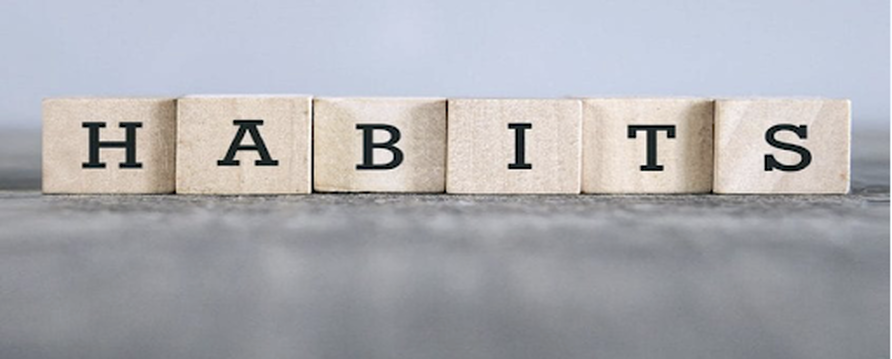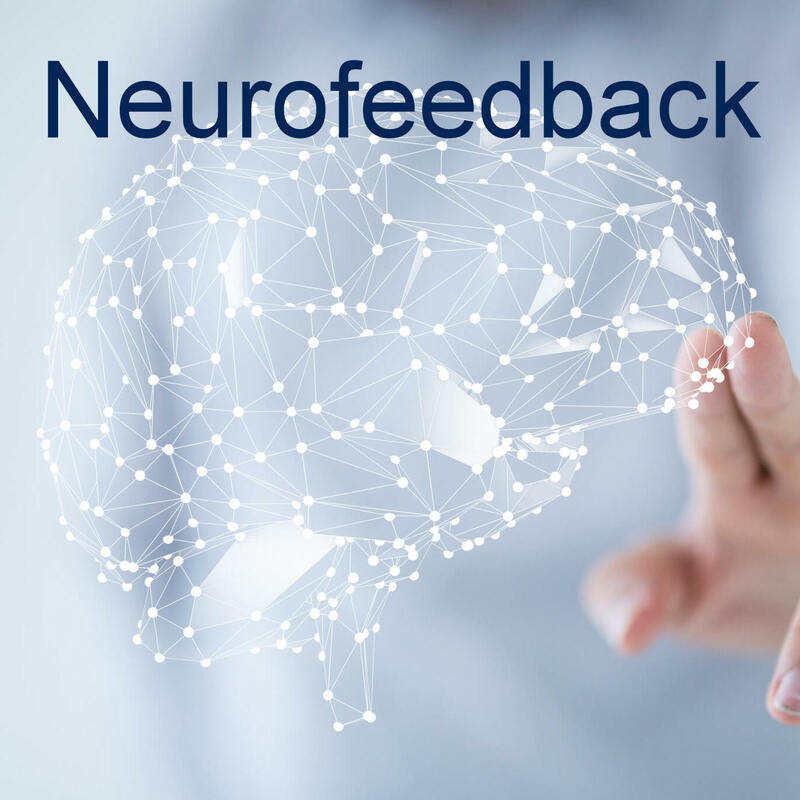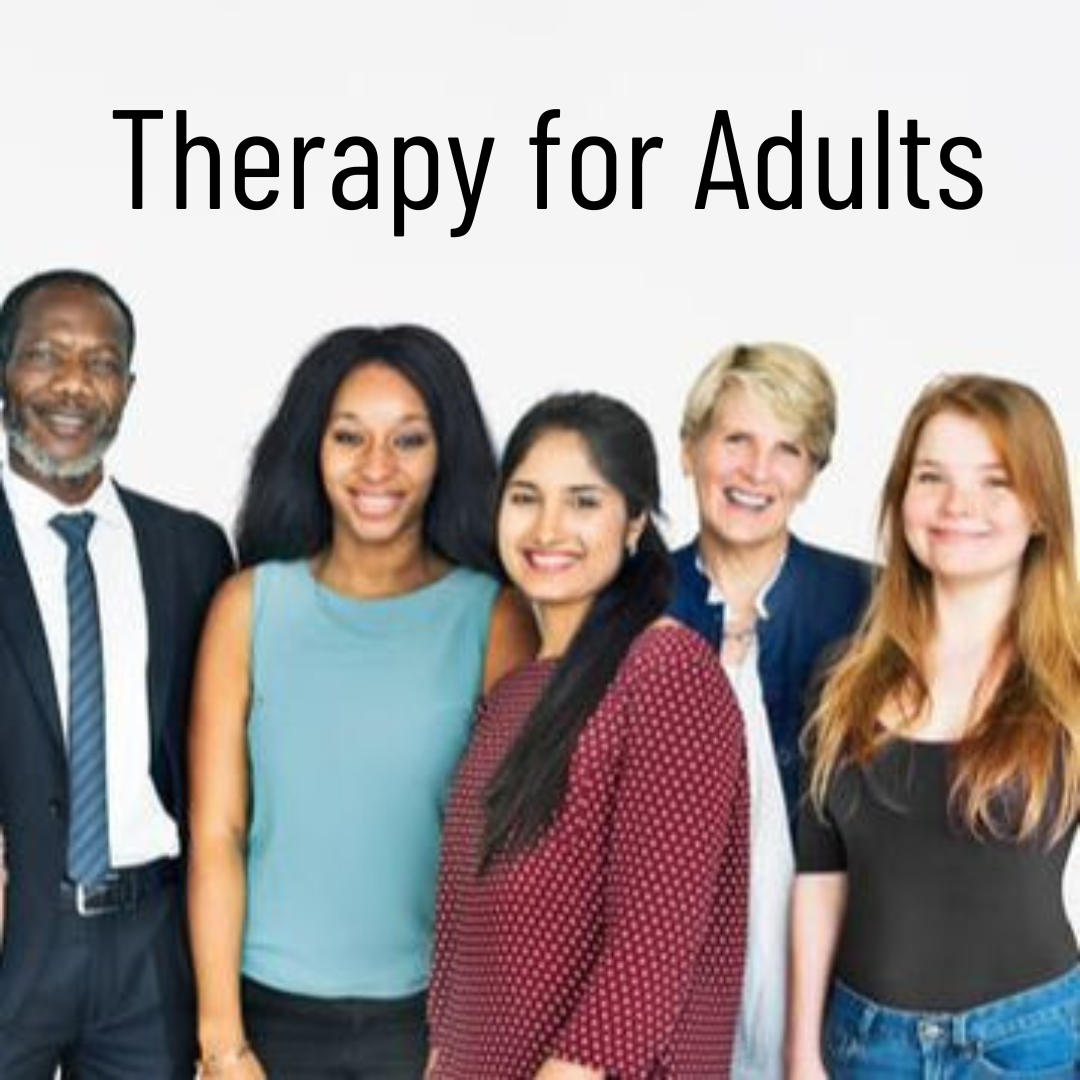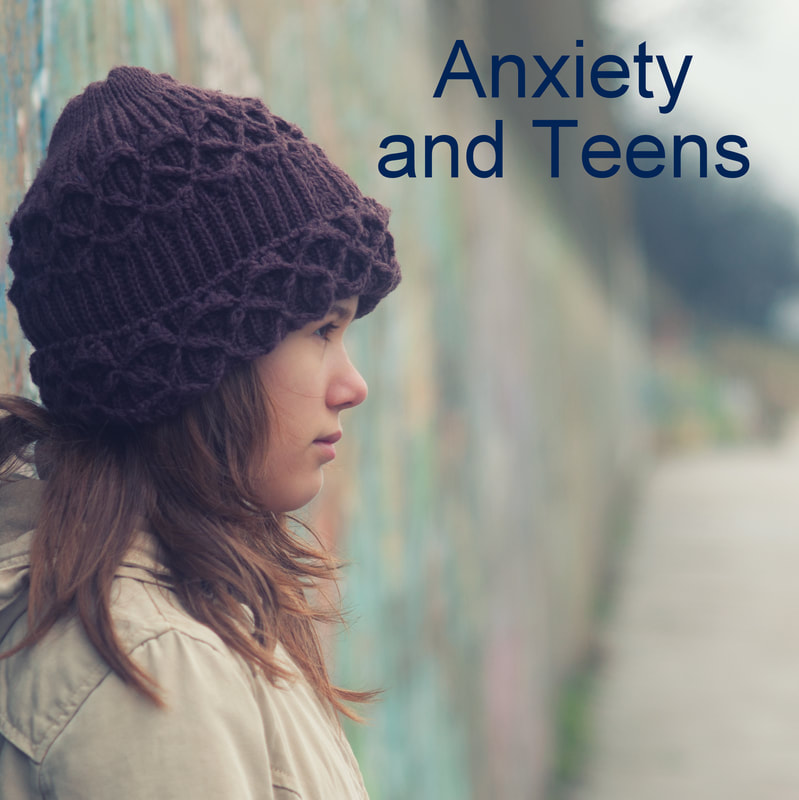|
Changing habits is not a simple or linear process. It takes time, effort, and dedication, which can seem difficult with busy schedules. The great news is that it's never too late to break or change an old habit and create a new healthier habit in its place. Learning how to break or change bad habits can be daunting, as habits are often associated with negative emotions. We may get angry or upset with ourselves about everything we’re not doing, or feel like we’re doing wrong, but it’s often those feelings that identify wanting a change. The trick to breaking or changing bad habits is to find an approach that works for you and the habit that you would like to change. Every habit is different, so they can’t all be changed the same way or at once. What Are HABITS?
It’s important to understand what a habit is before you start to try and break or change one. Habits are learned behaviors that become involuntary over time. They are repeated thinking patterns and behaviors that become automatic, so we don’t think about them. Habits are known as the small decisions you make and actions you perform every day. According to researchers at Duke University, habits account for about 40% of our behaviors on any given day. Habits can be healthy, unhealthy, or neutral. A healthy habit may include meditating 10 minutes every day or going on a walk daily. Unhealthy habits may be biting your nails or eating late at night. And neutral habits are eating the same brand of cereal every morning or taking the same route to work. Why is it so hard to change habits? There are many factors that come into play on how easy or hard it is to change or break habits such as:
Tips to help change habits The following tips may help you change habits:
Habits Books to Read:
0 Comments
Leave a Reply. |
Archives
October 2023
Categories
All
|


















